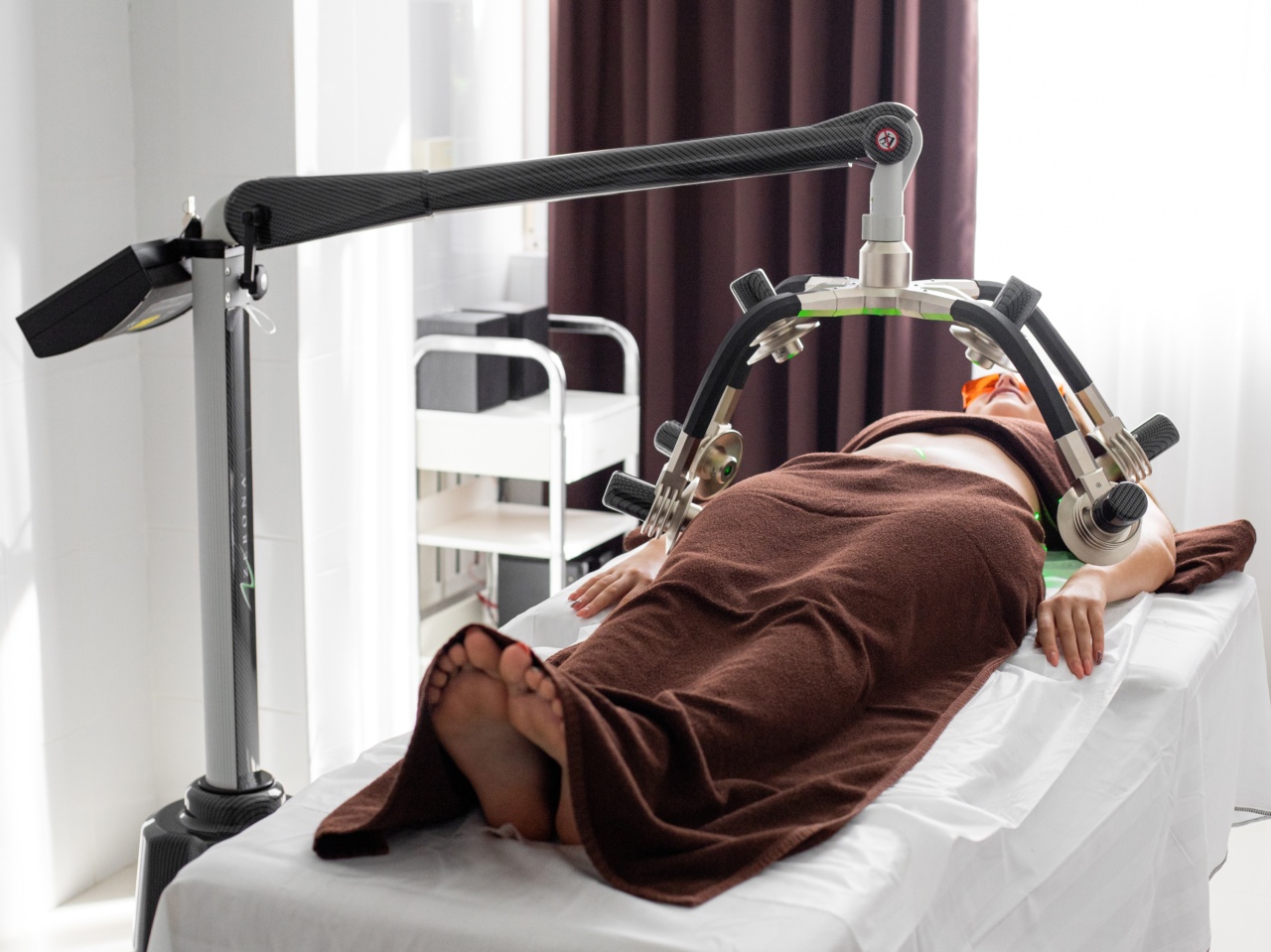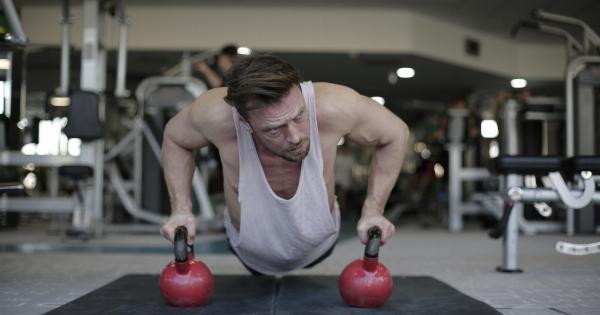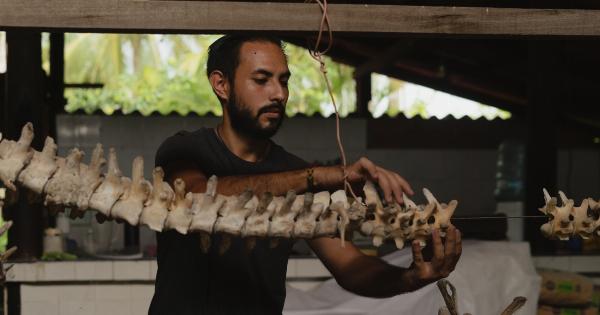When it comes to achieving fat loss goals and building lean muscle, nutrition plays a crucial role. One dietary approach that has gained significant popularity in recent years is the protein-centric diet.
This diet focuses on consuming a higher proportion of protein-rich foods while reducing the intake of carbohydrates and fats. In this article, we will explore the benefits of a protein-centric diet for fat loss and muscle building, as well as provide tips for incorporating it into your daily routine.
The Role of Protein in Fat Loss and Muscle Building
Protein is an essential macronutrient that plays a vital role in various physiological processes within the body. When it comes to fat loss, protein has a higher thermic effect compared to carbohydrates and fats.
This means that the body requires more energy to digest and metabolize protein, resulting in a higher calorie burn. Additionally, protein helps to keep you feeling fuller for longer, reducing the likelihood of overeating and aiding in weight management.
Furthermore, protein is crucial for muscle building and repair. During resistance training and other forms of exercise, muscle tissues undergo microscopic damage.
Protein provides the building blocks, amino acids, necessary for repairing and rebuilding these damaged muscle fibers. Consuming an adequate amount of protein is essential for promoting muscle growth and recovery.
Calculating Protein Requirements
The first step in following a protein-centric diet is determining your protein requirements.
While individual needs may vary based on factors such as age, gender, activity level, and goals, a general guideline is to consume approximately 0.8 to 1 gram of protein per pound of body weight. For example, a 150-pound individual should aim for 120 to 150 grams of protein daily.
It is important to distribute protein intake evenly throughout the day to optimize muscle protein synthesis. Aim to include a source of protein in each meal and snack.
Some excellent sources of protein include lean meats, poultry, fish, eggs, dairy products, legumes, and plant-based protein sources such as tofu and tempeh.
Benefits of a Protein-Centric Diet for Fat Loss
1. Increased Thermogenesis: As previously mentioned, protein requires more energy to digest and metabolize, resulting in an increased calorie burn. This can contribute to a higher overall daily energy expenditure, potentially aiding in fat loss.
2. Enhanced Satiety: Protein-rich foods are known to be more satiating than carbohydrates or fats.
Including an adequate amount of protein in your diet can help curb hunger and prevent overeating, making it easier to maintain a calorie deficit necessary for fat loss.
3. Preserved Lean Muscle Mass: When following a calorie-restricted diet for fat loss, there is a risk of losing both fat and muscle mass.
However, consuming an adequate amount of protein can help preserve lean muscle tissue, ensuring that the weight loss primarily comes from fat stores.
4. Favorable Body Composition Changes: A protein-centric diet can lead to favorable changes in body composition by promoting fat loss while maintaining or increasing lean muscle mass. This can result in a more toned and defined physique.
Benefits of a Protein-Centric Diet for Muscle Building
1. Enhanced Muscle Protein Synthesis: Consuming an adequate amount of protein is crucial for maximizing muscle protein synthesis, the process responsible for muscle growth and repair.
By providing the necessary amino acids, a protein-centric diet can optimize muscle protein synthesis and support muscle building goals.
2. Increased Strength and Performance: Combined with regular resistance training, a protein-centric diet can enhance strength and athletic performance.
Adequate protein intake aids in muscle recovery, ensuring you are ready for the next training session and able to push harder during workouts.
3. Supports Overall Health: Protein-rich foods are often nutrient-dense, containing essential vitamins and minerals necessary for overall health.
By focusing on a protein-centric diet, you ensure you are meeting your body’s nutritional needs while working towards your muscle building goals.
Tips for Incorporating a Protein-Centric Diet into Your Routine
1. Plan Meals and Snacks Ahead: To ensure you meet your protein requirements, plan your meals and snacks in advance. This can help you make healthier choices and ensure protein-rich options are readily available.
2. Include a Variety of Protein Sources: Consuming a diverse range of protein sources ensures you receive all essential amino acids necessary for optimal muscle growth and repair. Experiment with different protein-rich foods to add variety to your meals.
3. Opt for Lean Protein Choices: When selecting protein sources, opt for lean options to minimize the intake of unhealthy saturated fats.
Choose skinless poultry, lean cuts of meat, and low-fat dairy products to keep your protein-centric diet healthy and well-balanced.
4. Utilize Supplements if Needed: If you find it challenging to meet your protein requirements through whole foods alone, consider incorporating protein supplements such as whey protein or plant-based protein powder into your diet.
Consult with a healthcare professional or registered dietitian for personalized guidance.
Conclusion
A protein-centric diet can be a valuable tool for individuals looking to achieve fat loss and muscle building goals.
By prioritizing protein-rich foods and distributing protein intake throughout the day, you can optimize muscle protein synthesis, enhance satiety, and support overall body composition changes. Remember to personalize your protein intake based on individual needs and goals, and consult with a healthcare professional or registered dietitian for personalized advice.





























